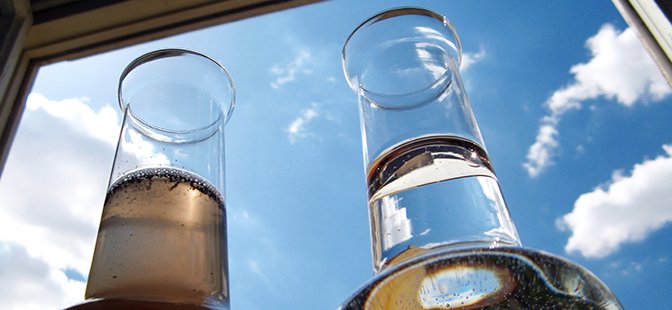
NonHazCity – Innovative Management Solutions for Minimizing Emissions of Hazardous Substances from Urban Areas in the Baltic Sea Region
The NonHAzCity project aims to map and minimize hazardous substances in the urban environment. The project will demonstrate how municipalities and wastewater treatment plants can reduce emissions of priority hazardous substances and other pollutants from small scale emitters at urban areas.
The project will encourage and assist municipalities to exercise substance reduction measures at their premises. In addition, the project will pilot substitution actions in selected SME’s, improve the chemical assortment of these SME’s. Furthermore, the aim is to show how the use of hazardous chemicals can be reduced at home and which benefits this may have on people’s health. Additionally, the project will demonstrate how the reduction of hazardous chemicals may help to protect the Baltic Sea.
The project targets municipalities, regional SME’s, inhabitants and students. It will:
• identify and prioritize substances of concern
• track and rank sources tracked and ranked
• develop individual Hazardous Substance Source Maps
• develop Chemicals Action Plans in partner municipalities.
The project will map hazardous chemicals in the Turku city area, educate and raise awareness of the main target groups regarding hazardous substances, and develop a chemical action plan for the city in cooperation with city officials. TUAS will be working in close cooperation with the city of Turku, with a special focus on environmental protection, wastewater treatment, waterworks and public procurement practices. In addition, the Finnish Safety and Chemicals Agency (Tukes) will be closely involved in the project as an associate partner.
Project activities will be carried out by an international project consortium consisting of 18 project partners, including 10 cities from Sweden, Latvia, Lithuania, Estonia, Poland, Finland and Germany. TUAS will be be a part of a cooperating network of other universities including the Swedish University of Agricultural Sciences, the University of Gdansk and the Institute of Applied Ecology (IFAOE).
The NonHazCity project has been given a Baltic Sea Strategy Flagship Project status. The project has started in March 2016 and will continue for three years.
![BSR_NHC_Combined_logo[0.1].jpg BSR_NHC_Combined_logo[0.1].jpg](/media-en/filer_public_thumbnails/filer_public/2016/08/30/bsr_nhc_combined_logo01.jpg__1887x354_q85_crop_subsampling-2_upscale.jpg)